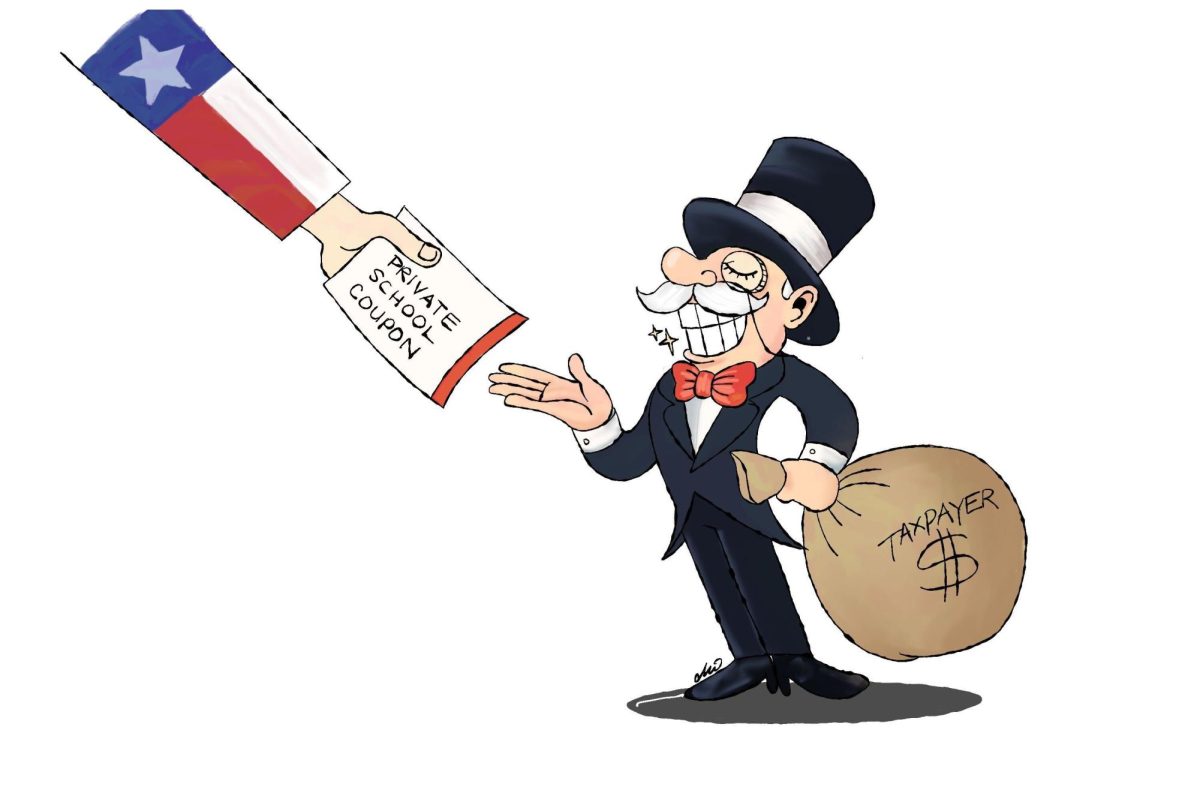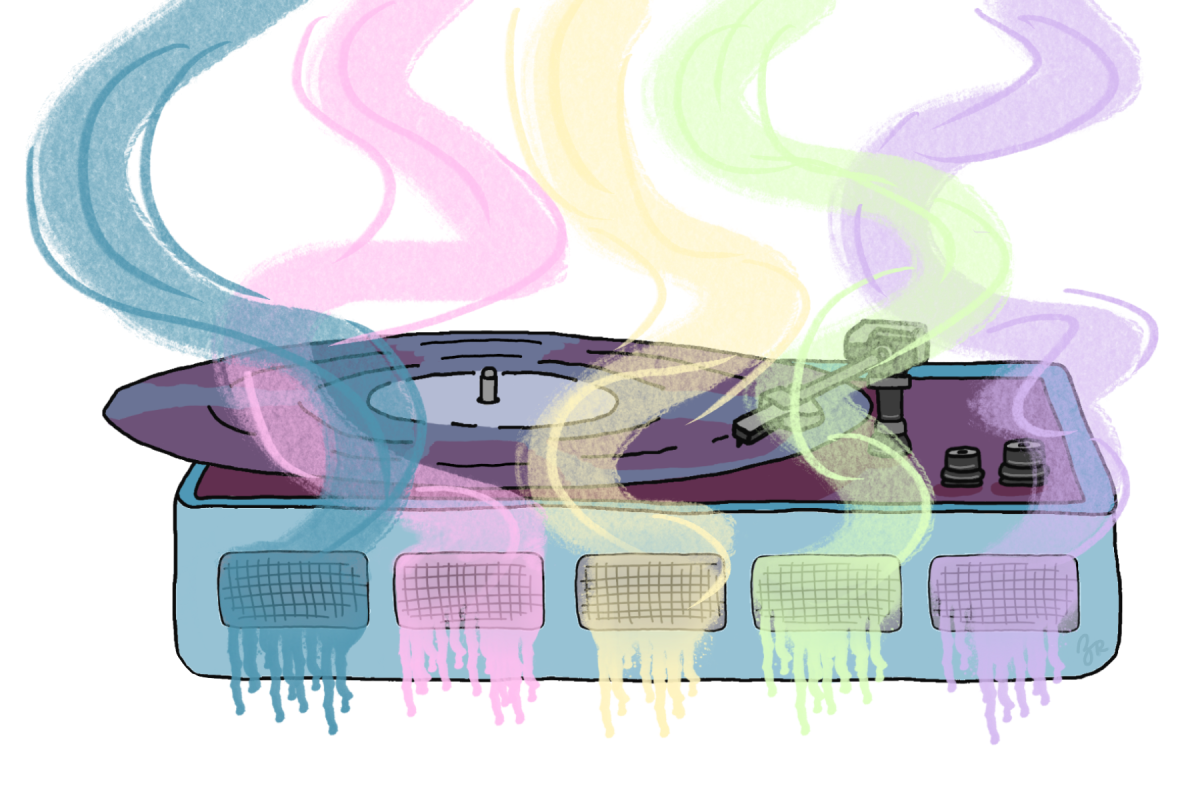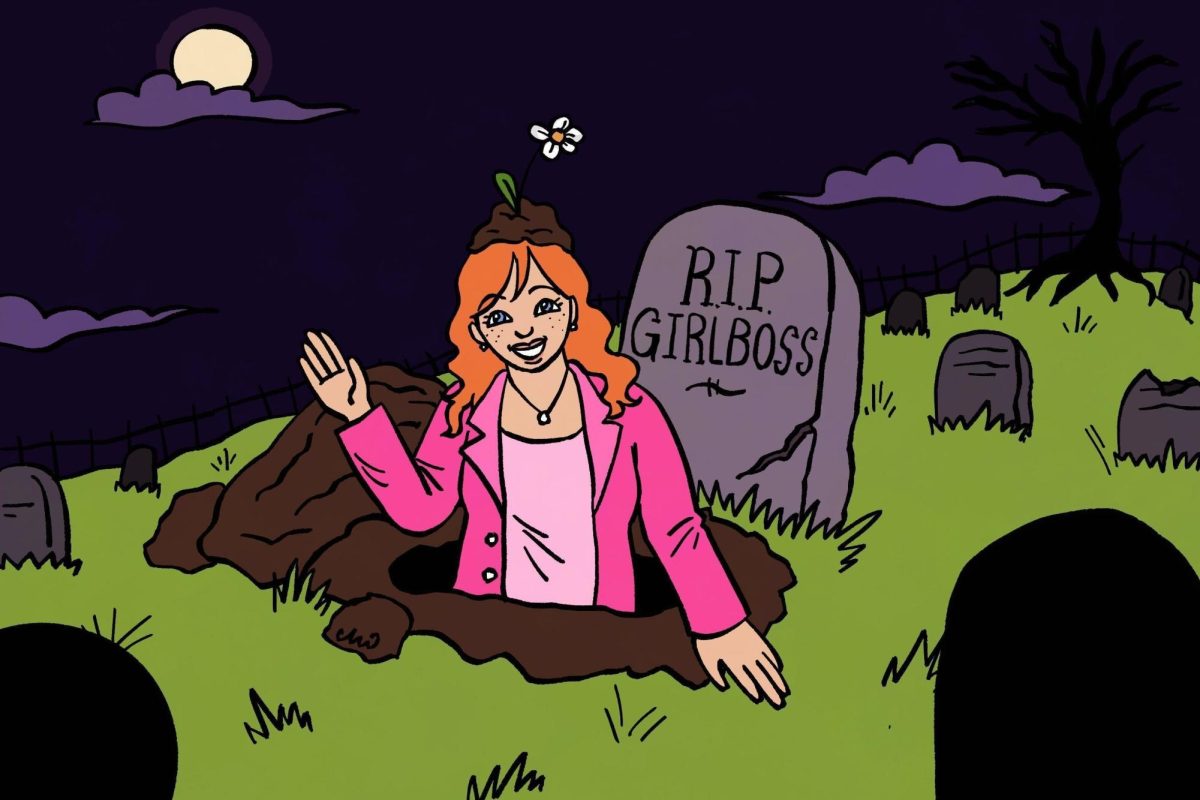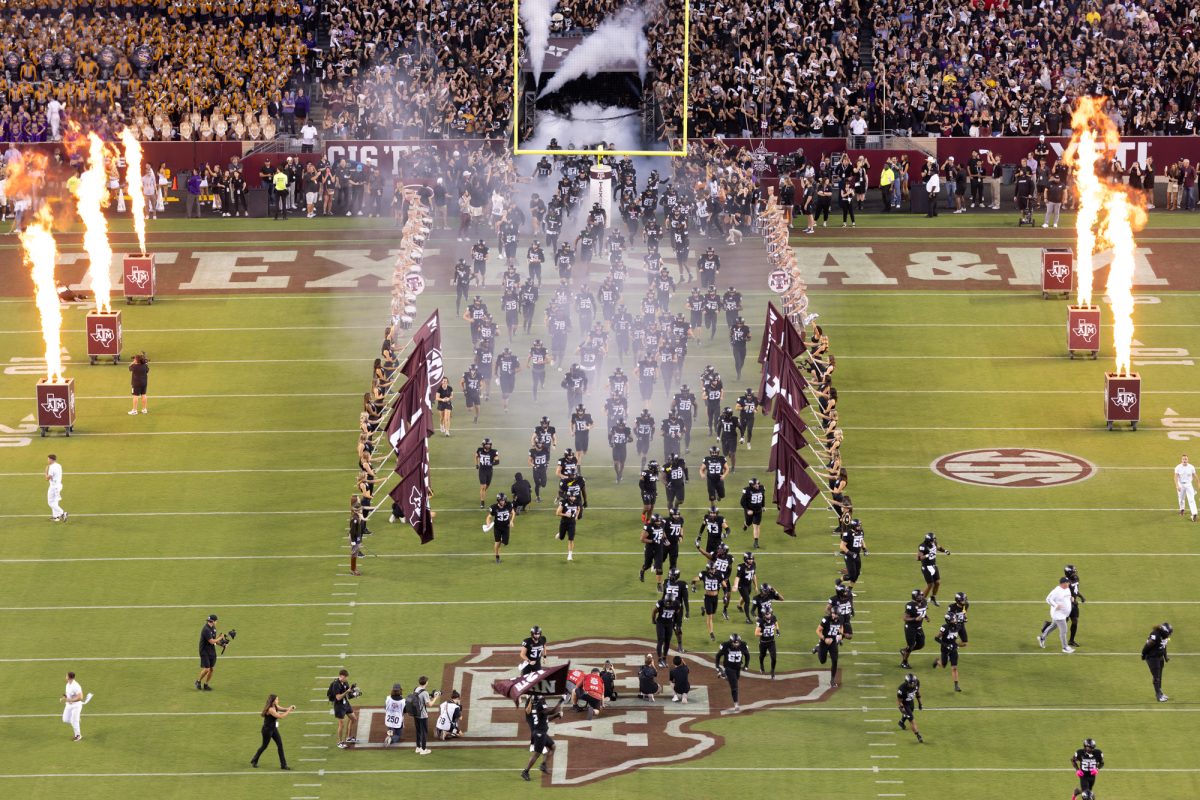On the brink of war and 100 seconds from doomsday by our last reckoning, we have a lot to gain from a hearty helping of caution right now.
Tensions between pro-Russian Ukrainian separatists in the breakaway states of Donetsk and Luhansk and the Ukrainian government have reached an all-time high with Russia having recently committed troops to the region, according to The New York Times. While Russia’s concerns may be opportunistic or even fabricated, the big question is, what should America do about it?
In response, the United States and other world powers are trying to figure out the best course of action, with many settling on some kind of intervention. Countries like Germany have expressed deep reluctance to provide weapons or guarantee sanctions against Russia, according to Reuters and CNBC. America should follow suit, seeing as our recent history of intervention, in its many forms, has not been kind to us or the places where we have intervened.
The U.S.-funded Mujahideen managed to repel the 1979-89 Soviet invasion, but at the cost of installing a brutal theocracy which we would go on to fight for 20 years. Last year, we saw the U.S.-backed Islamic Republic of Afghanistan collapse at an astonishing speed, leaving the Taliban to take back the mantle. After 240,000 dead, trillions of dollars wasted and an entire generation in wartime, we’re right back where we started with nothing to show for it.
It’s the same story, over and over. Libya went from being one of the richest countries in Africa to being a failed state, destabilizing North Africa in the wake of war. The Vietnam War was an abject failure ,and rushing into Iraq is now near ubiquitously considered a mistake — though for many at the time, it seemed like the right thing to do. We need to be sure we learn from our mistakes.
By intervening, we may do more harm than good. We need to be sure any actions we take are not irresponsible or counter-productive. There are so many factors we cannot control or predict, and we could easily achieve the opposite.
Putin could take advantage of sanctions to make Russia more isolationist and nationalistic. Ultimately, it would not be Putin or Russian oligarchs that face the consequences of sanctions, but the Russian people. We’ve seen this situation play out in countries like Afghanistan and Cuba. If the past is any indication, sanctions could also make Russia more self-sustaining. In 2014, Russia banned many Western food imports in response to sanctions over the annexation of Crimea. Since then, Russia has edged out the U.S. to be the world’s largest wheat producer, doubling grain exports since 2012. Russia only plans to increase production as the growing seasons lengthen year after year, so sanctions might only act as further motivation.
Former and current executive administration officials worry that sanctions on Russia could even trigger a domino effect, causing an economic crisis in Europe and the rest of the world.
According to the New York Times,“The Russian economy is a different beast.”
“It is twice the size of any economy the U.S. has ever sanctioned,” Adam M. Smith, a senior official in the Obama administration, told the New York Times.
We need to be careful to not further isolate and disincentivize these countries from amicably interacting with the U.S. in the future, especially with the development of a China-Russia-Iran entente. The economic hardship and isolation felt by Germany after World War I was a major factor in the lead-up to World War II.
Furthermore, indirect military support led to U.S. involvement in both world wars. We have troops stationed in countries bordering Ukraine. It’s possible that troops wander off course and exchange fire. Even if we do not engage directly, increasing our presence on the Ukrainian border potentially puts us in a position to be dragged into war.
South and East Ukraine have had large Russian populations and have been deeply connected for most of their history. Many ethnically Russian Ukranians in these regions want to join Russia. For decades, there have been clear-cut electoral divides between East and West Ukraine; we should not only advocate for autonomy and self-determination when it is in the interests of groups that are politically advantageous to us. With the recent recognition of Donetsk and Luhansk as independent, per the Russian state, its relationship with Russia may follow other breakaway enclaves, like Transnistria or even annexation, like in Crimea.
Sometimes we just need to recognize that inserting ourselves isn’t always going to help.
We are not the cops of the world.
U.S. “lethal aid” will only prolong the conflict, increasing the body count and sowing the seeds for long-term instability.
This is not our war or our business. We should not concern ourselves with every conflict on the opposite side of the world. As an old Slavic adage goes, “Not my circus, not my monkey.”
Zachary Freeman is an anthropology senior and columnist for The Battalion.
















